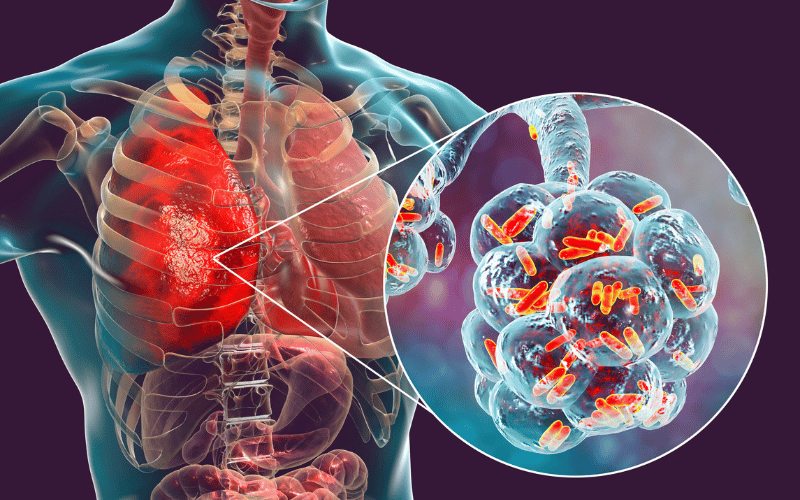7. Infections: The Hidden Foe

The link between viral infections and lung cancer is a relatively new area of scientific inquiry. A case in point is the human papillomavirus (HPV). Researchers are starting to find connections between certain types of HPV and lung cancer. Unlike cervical cancer, where HPV is a known culprit, its role in lung cancer is just beginning to be understood.
Viruses like HPV can integrate their DNA into human cells, disrupting the normal cellular machinery and turning cells into potential cancer factories. It’s a covert operation, with the virus hijacking cellular mechanisms and using them to replicate. While the majority of HPV infections clear up naturally, a persistent infection can become a long-term problem.
Bacteria too have come under the microscope. Helicobacter pylori, commonly linked with stomach ulcers, has also been associated with lung cancer. It may sound strange, but the digestive system and lungs are connected in ways we’re still exploring.
One intriguing avenue of research is exploring how infections might alter the lung microbiome—the ecosystem of microbes living in your lungs. Changes in this microbial community could contribute to inflammation and tissue damage, which over time may elevate the risk of developing lung cancer.
This is an emerging field, with many questions still unanswered. However, what’s becoming increasingly clear is that pathogens might play a more significant role in lung cancer than previously thought. It’s another piece in the complex puzzle of this devastating disease, offering a new perspective on prevention and treatment strategies. (7)